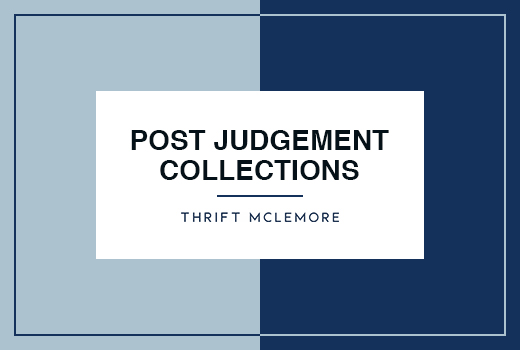- Home
- Practice Areas
- Litigation
- Breach of Fiduciary Duty
- Business & Corporate Disputes
- Co-Counsel
- Commercial Litigation
- Construction Defects
- Contract Disputes
- Copyright & Trademark
- Dissolution Actions
- Evictions
- General Civil Litigation
- Landlord Tenant Disputes
- Latent Defects
- Mechanic’s Lien
- Non-Compete Agreements
- Partition Actions
- Post-Judgement Collections
- Probate
- Business Law
- Asset Purchases
- Business & Corporate Dissolutions
- Business & Corporate Disputes
- Business & Corporate Formation
- Business Law
- Business Outside In-House Counsel
- Business Sale & Purchase
- Buy & Sell Agreements
- Commercial Debt Collections
- Commercial Litigation
- Commercial Transactions
- Contract Disputes
- Contract Drafting
- Corporate Bankruptcy
- Copyright & Trademark
- Franchise & Dealership Law
- Mergers & Acquisitions
- Partnership Disputes
- Post-Judgement Collections
- Promissory Notes
- Shareholder Agreements
- Startups #GAStartupLawyer
- Sweepstakes and Prize Contests
- Real Estate Law
- Estate Planning
- Litigation
- Our Team
- Client Testimonials
- Blog
- Contact
- Call Us: 678-882-0830


If you are owed money in Georgia, winning a lawsuit and obtaining a judgment in your favor is just the beginning of the battle when it comes to collecting the money owed to you. Unfortunately, obtaining a judgment does not automatically result in payment of the debt. Instead, you may need to take steps to enforce the judgment. Collectively referred to as “post-judgment” collections, these steps may be necessary to secure the monetary debt owed to you.
Understanding the Georgia Judgment Process
If you are owed a debt, you can initiate a lawsuit against the debtor that may result in a judgment entered in your favor. A judgment is simply a court order confirming that the debtor legally owes you a specific amount of money. A judgment remains valid for seven years in Georgia; however, it can be renewed if the debt remains unpaid. Once you have a judgment in place you can proceed to post-judgment collection actions in an attempt to force the debtor to satisfy (pay) the debt.
Post-Judgment Collection in Georgia
There are several post-judgment collections options available to creditors in Georgia, including:
Writ of Fieri Facias (Fi Fa): A Writ of Fi Fa is an official document issued by the Clerk of Court to place a lien on a judgment debtor’s property and may authorize the county sheriff to seize assets belonging to the debtor and/or establish a lien on the debtor’s vehicle. If you obtained a default judgment, the Writ may be issued immediately; however, if the case was contested, there is a 10-day waiting period before the Writ can be issued. If the debtor tries to sell or refinance the property, the lien must typically be satisfied before the transaction can proceed. There are, however, certain assets that are exempt from seizure.
Wage Garnishment: A garnishment order directs the debtor’s employer to withhold a portion of the debtor’s wages and send it directly to you (the creditor); however, there is a limit to how much can be garnished. Under Georgia law, a creditor can usually only take up to 25 percent of the debtor’s disposable earnings or the amount by which the debtor’s weekly earnings exceed 30 times the federal minimum wage, whichever is less.
Bank Account Garnishment: Georgia law also allows you to garnish a debtor’s bank account and there is no limit to the amount that can be garnished. Certain funds, however, such as Social Security benefits and veterans’ benefits, may be exempt from garnishment.
Post-Judgment Discovery: If you are a creditor who is unsure whether a debtor has any assets that can be seized or garnished, Georgia law allows you to engage in post-judgment discovery which may include interrogatories (written questions the debtor must answer), depositions (in person questioning of the debtor), and requests for documents that require the debtor to disclose financial information. If the debtor refuses to cooperate with discovery efforts, you can ask the court to summon the debtor back to court, at which point the court can compel them to comply.
Speak to an Experienced Georgia Post Judgment Collections Attorney Today
If you are a creditor attempting to collect a debt in Georgia, contact an experienced Georgia post judgment collections attorney to discuss how we can help you by calling 678-678-0830.







